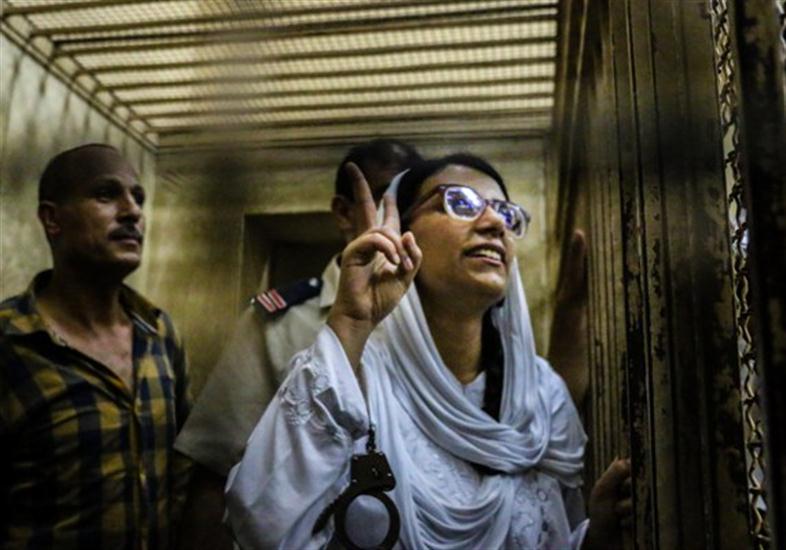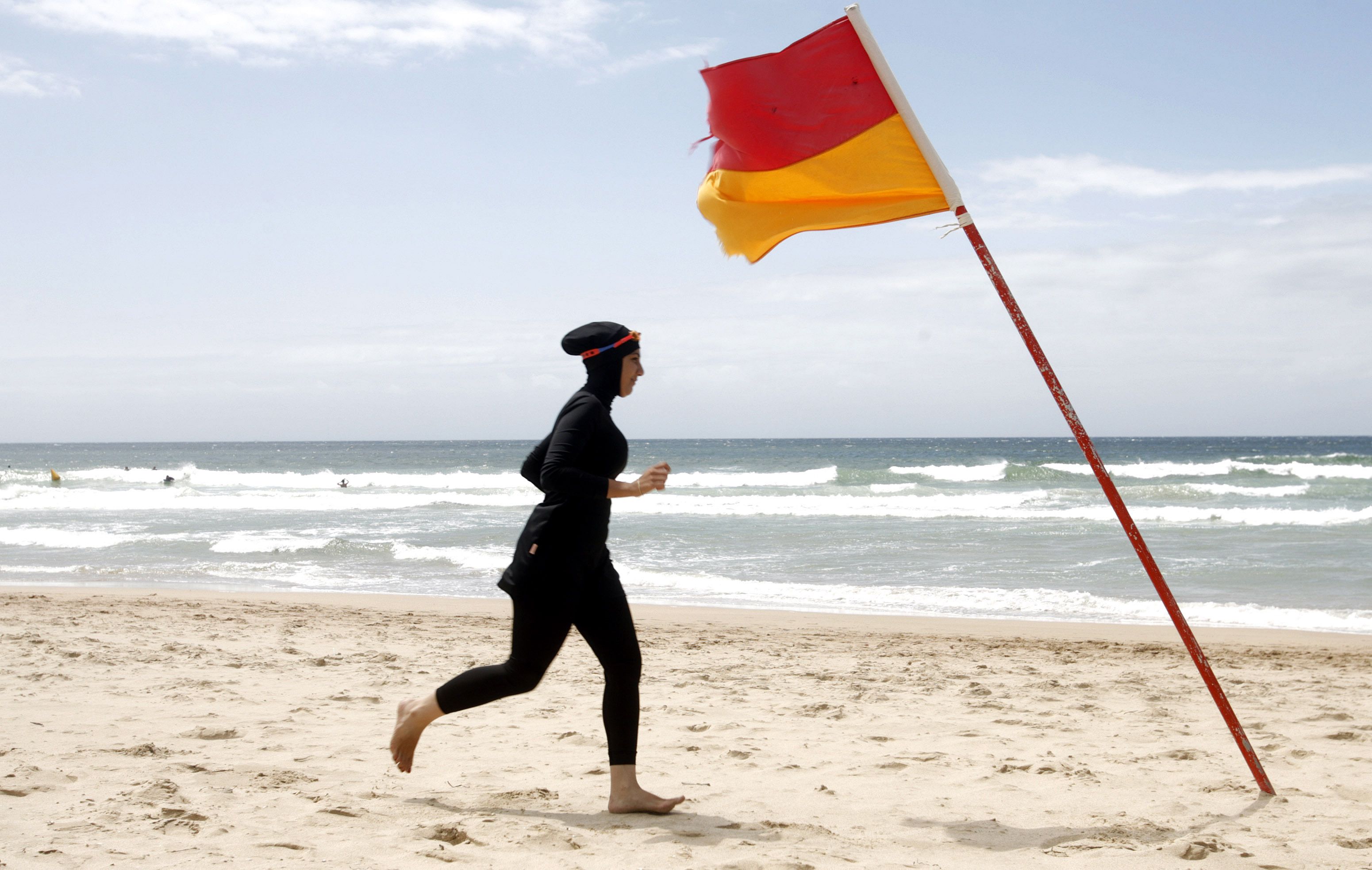My mother died from Alzheimer’s disease three years ago. While deeply religious, she disapproved of the veil and never veiled. I remember a time when she, defiantly, remained the only unveiled woman in her apartment building.
When my parents moved to that building in the early eighties, few of the women in this five story building were veiled. By the late nineties, my mother was the only unveiled woman there. She received advice and other forms of proselytization from some of the other women in the building and invitations to attend religious lessons. Group religious lessons were the primary way many women in the urban centers of Egypt became veiled.
In her last years, my mother became increasingly confused because of the Alzheimer’s. She’d often start prayers and forget that she had just finished, so she’d start again and go into endless cycles of prayers. At times she became extremely confused, unsure whether she was veiled or not. In her last two years, on the rare occasions when she went out of her apartment, she asked for a veil and I would assure her that she wasn’t veiled. A couple of times I helped her remove it as she smiled. A couple of other times she’d put it on and then mid-journey she’d ask ‘what is this thing on my hair?’
Too many women, less fortunate than my late mother, had no choice and were forced to veil against their own will. The veil in Egypt was imposed socially, but not legally. Few women were able to resist the societal pressure. The state colluded with the societal pressure; even progressive revolutionary unveiled women who confront the government and end up facing legal charges almost always take up the veil in courts. In the last few years, unveiling started, but the vast majority of Egyptian women remain veiled and the pressure to veil remains immense.

What’s interesting about the veil is that it is viewed as an affirmation or a negation of women’s bodies and freedom, depending on the ideas one is holding. Advocates of veiling market the idea that only through modesty can women liberate themselves from being objects of desire and may then be viewed as human beings for their brains and personalities.
Meanwhile, opponents view the veil as the ultimate in objectification and subjugation. Opponents believe veiling treats women’s bodies as mere objects to cover and faults them for arousing desire in men. Veiling also assumes, opponents say, that women can’t have desires of their own and such desires are implicitly denied and suppressed.
As I look to the French ban on veils on the beach I feel conflicted. I’m happy that France is taking an affirmative answer to the objectification of women’s bodies and minds. But I’m also sad that France is fighting ideas, unnatural and deviant as they may be, by force of law. France is descending into an Iran or a Saudi Arabia in an inverse battle over the bodies of women. France would have denied my mother the free will to choose to veil or not.
One argument is that the ideology of violence and terrorism, which France has been suffering from in recent years, is the very same ideology behind the veil. This argument is contrary to the most fundamental of principles of human rights. For people are ultimately only responsible for their own actions. Individual responsibility lies at the very heart of liberty. A veiled woman on the beach in Nice can’t be held responsible for the violent acts of a veiled woman in a park in Reims.
The French ban disregards another important consideration. Leila Ahmed, in her book A Quiet Revolution, argues that many veiled Muslim women in the USA and in Egypt advance feminist causes in their societies. She argues that women use the veil as shield to allow them to participate in a world full of patriarchy. Had the Olympics not allowed the Egyptian athlete to veil while playing beach volleyball, she simply would not have been allowed to compete and wouldn’t have been allowed to make it to Rio in the first place.
The veil has been a tool of liberation for many women hailing from conservative homes. The French ban does not stop the patriarchy at the homes of these women, but rather adds a new patriarchy in the opposite direction over control of their bodies. The veiled women of France are now being punished by the authorities and are denied the feel of the wind on their faces.







Comments (0)